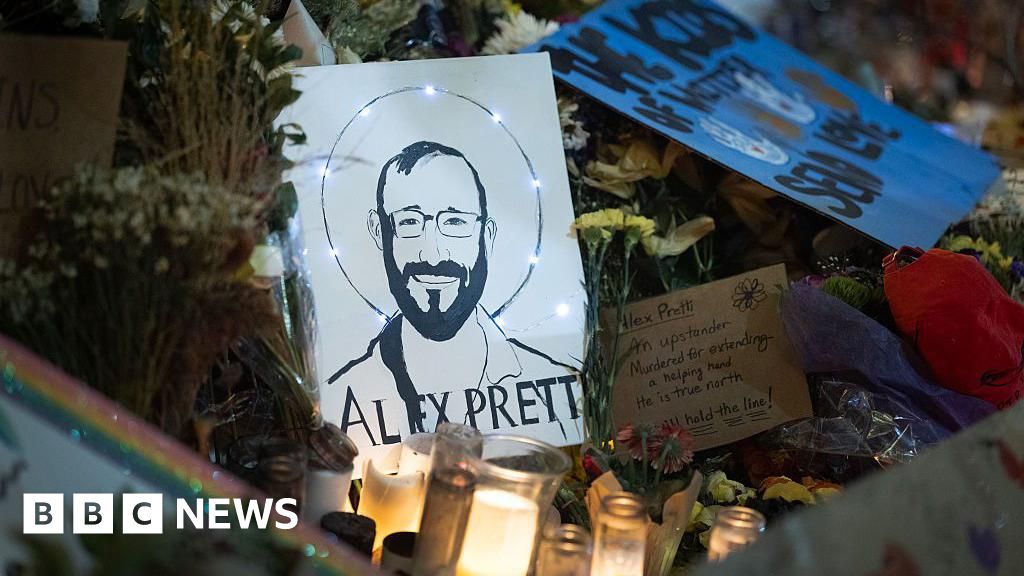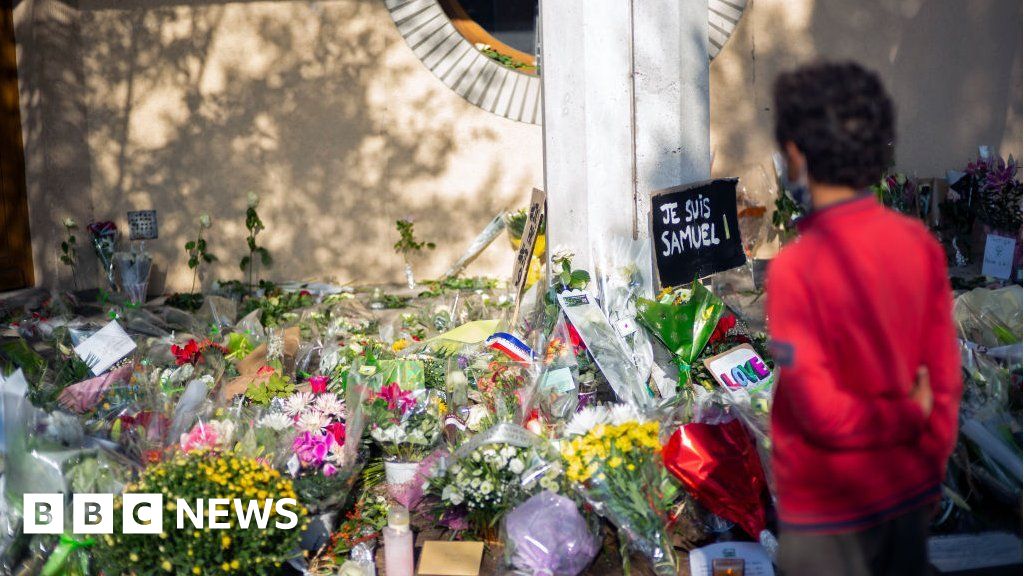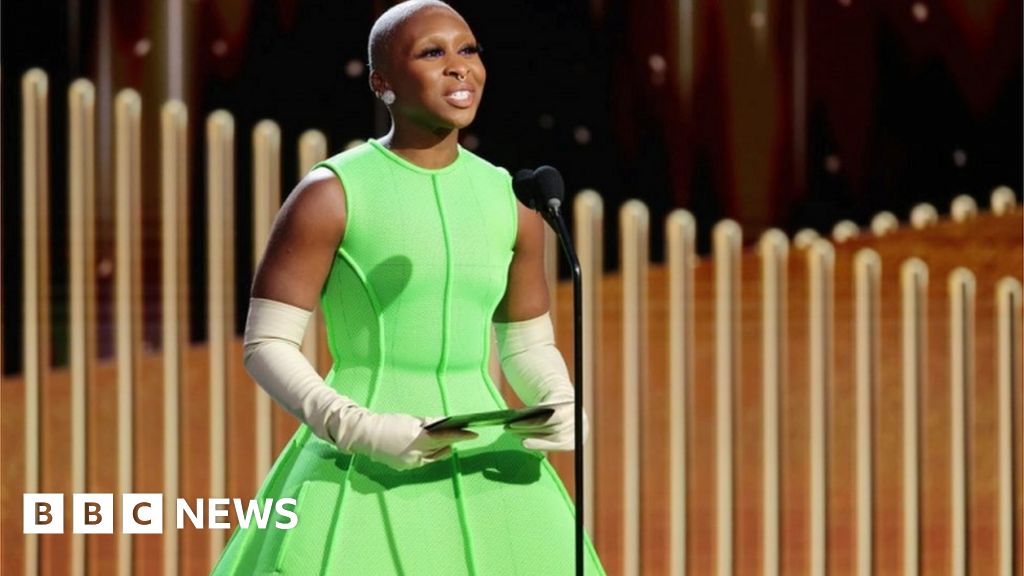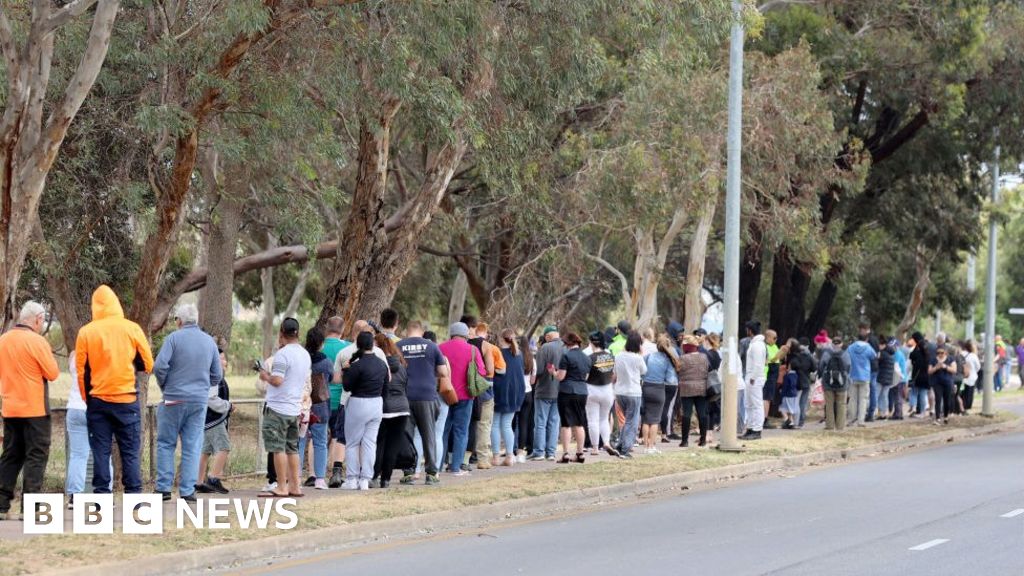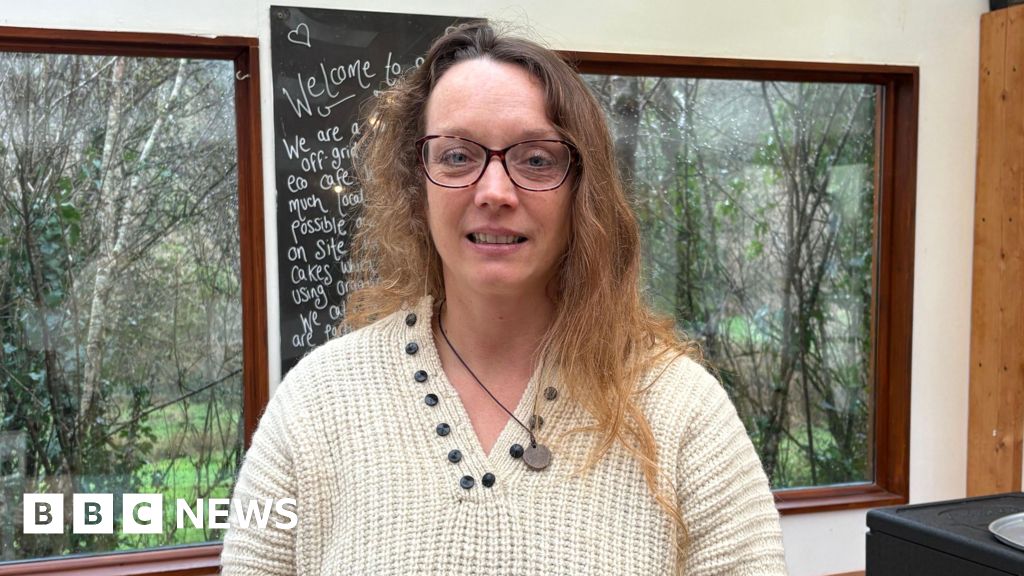Image copyright
Reuters
US President Donald Trump will reportedly nominate Amy Coney Barrett, a favourite of social conservatives, to be the new Supreme Court justice.
The president’s decision – to be revealed at the White House on Saturday – has been confirmed to the BBC’s US partner CBS News and other US media.
She would replace liberal Justice Ruth Bader Ginsburg, who died last Friday.
The nomination will touch off a bitter Senate fight to get her confirmed as November’s White House election looms.
CBS – citing multiple sources involved in or familiar with the selection process – reported that the president had settled on Judge Barrett.
If she is confirmed, conservative-leaning justices will hold a 6-3 majority on America’s highest court for the foreseeable future.
Amy Coney Barrett, 48, would be the third justice appointed by this Republican president to the bench, after Neil Gorsuch in 2017 and Brett Kavanaugh in 2018.

Media playback is unsupported on your device
Its nine justices serve lifetime appointments, and their rulings can shape public policy on everything from gun and voting rights to abortion and campaign finance long after the presidents who appoint them leave office.
In recent years, the court has expanded gay marriage to all 50 states, allowed for Mr Trump’s travel ban to be put in place, and delayed a US plan to cut carbon emissions while appeals went forward.
Tricky position for Democrats
Amy Coney Barrett has been on Donald Trump’s shortlist for Supreme Court vacancies for some time, but the word was that she would be the most appropriate replacement for Ruth Bader Ginsburg.
As of last week, that was no longer a hypothetical scenario.
Even before Mr Trump reportedly settled on Judge Barrett as his pick, conservatives were rallying around the nominee, whoever it might be. And if they stick together, as all but two seem to be doing, her confirmation appears assured – whether it’s before November’s election or in a “lame duck” Senate session afterward.
The choice of Judge Barrett puts Democrats in a tricky position. They have to find a way of undermining support for the nominee without seeming to attack her Catholic faith or personal background – moves that could risk turning off some voters in November. They will seek to delay the proceedings as best they can, while keeping their focus on issues like healthcare and abortion, which could be at the centre of future legal battles with a Justice Barrett on a conservative-dominated court.
Then they have to hope Judge Barrett, or the Republicans, make some kind of critical error. It’s a tall order, but for the moment it’s the only play they have.
Who is Amy Coney Barrett?
She is described as a devout Catholic who, according to a 2013 magazine article, said that “life begins at conception”. This makes her a favourite among religious conservatives keen to overturn the landmark 1973 decision that legalised abortion nationwide.
She has also voted in favour of President Trump’s hardline immigration policies and expressed views in favour of expansive gun rights.
Nominated by President Trump to the Chicago-based 7th Circuit Court of Appeals, she was confirmed by Senate in a 55-43 vote in October 2017 after a tough process. She was one of the names the president considered to replace Justice Anthony Kennedy in 2017.
After graduating from Notre Dame University Law School in Indiana, she clerked for late Justice Antonin Scalia, who died in 2016. She served as a legal scholar at Notre Dame for around 15 years.
Born in New Orleans, she is married to a former federal prosecutor in Indiana and together they have seven children.
Two of them were adopted from Haiti and her youngest biological child has Down Syndrome.
Battle over Supreme Court
Image copyright
Getty Images





